Beyond physical scars: the lasting impact of domestic abuse
Sexual dysfunction, low self-esteem and chronic pain are just some of the issues.
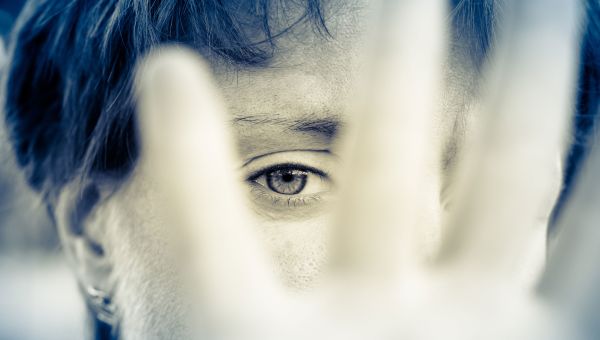
Bruises and breaks heal, but domestic violence can leave other profoundly deep effects that may linger long after the abuse ends.
These can encompass physical, psychological and emotional difficulties, similar to post-traumatic stress disorder (PTSD), according to Sherrie Campbell, PhD, clinical psychologist and author of Loving Yourself: The Mastery of Being Your Own Person.
“Wherever there is emotional or physical abuse, there will be PTSD,” she says. “That causes a range of reactions, including constant stress and ongoing emotional pain. It can take time to trust yourself again.”
We spoke to Campbell and other clinical psychologists about which long-lasting effects are most common, the strategies that can help ease those challenges and how to regain your physical and psychological health.
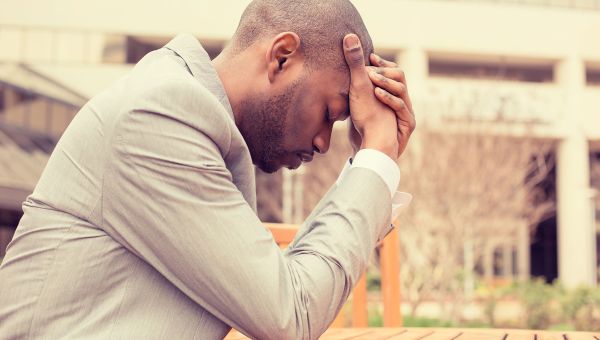
Always-On Stress Response
No matter what the duration of abuse, domestic violence can send cortisol surging, and those may stay elevated for months or even years, says Loretta Graziano Breuning, PhD, author of Habits of a Happy Brain.
These hormones, secreted by your adrenal glands, are designed to help us deal with stress. But when we feel threatened, they may stay in always-on mode, leading to numerous negative physical impacts, such as chronic insomnia and other sleep issues, hypervigilance, digestive issues and ongoing muscle tension, adds Breuning.
Emotionally, this fire hose of stress hormones can cause panic attacks and a low sense of resilience.
“Basically, you feel like you’re constantly under attack, so you’re looking for threats everywhere,” notes Breuning. “That’s an exhausting way to live. You have no break to reset yourself, so you’re likely to feel burned out, but unable to stop feeling on guard.”
She suggests focusing on tactics that help to lower stress, such as implementing a regular sleep schedule, focusing on eating healthy foods, staying hydrated and adopting a mindfulness practice like yoga or outdoor walking.
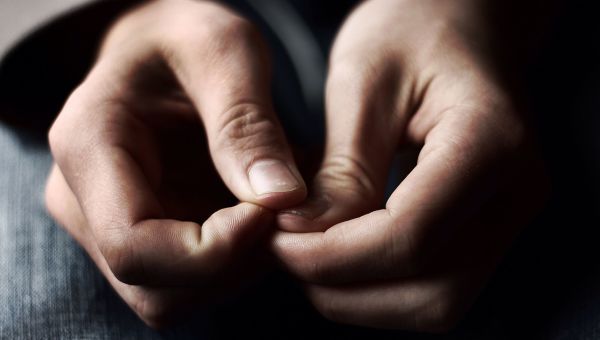
Fatigue, Depression and Anxiety
Domestic violence can often lead to depression and anxiety, according to Scott Dehorty, LCSW-C, a social worker at Delphi Behavioral Health. Although that can sometimes manifest as sadness, the most prevailing symptoms tend to be an absence of joy or pleasure, lack of motivation and a sense of hopelessness.
Physically, these feelings can lead to chronic fatigue as well as ongoing aches and pains.
“Our brain filters pain signals, but when you’re depressed, those filters don’t work as well,” he says. “That means you actually feel pain more acutely than someone who isn’t depressed.”
That can become compounded by feeling guilty, he adds, noting that those who’ve experienced domestic abuse can blame themselves not only for the abuse, but also for the long-term effects that come along with it. He says, “Feeling bad about feeling bad makes the fatigue and pain more pronounced. It traps you in a cycle that seems difficult to break.”
Fortunately, there are many treatment options available for depression, notes Dehorty. Your health professional may suggest talk therapy, physical activity and other lifestyle changes, medication or a combination of these. Talk to your doctor or a counselor about the option that’s best for you.

Low Self-Esteem and Inability to Trust
When a domestic violence situation involves an abuser who used manipulation and psychological games, including jealous rage, forcing sex or demanding passwords, a long-term effect is often a depleted sense of self-worth, says Campbell.
That can lead to a mental loop of negative thoughts about oneself, and difficulty re-establishing trust in your own abilities and purpose. Trusting others becomes challenging as well, adds Campbell, making it tough to fully open up to friends, family members, new romantic partners and even therapists.
Physically, that can result in sexual dysfunction issues like low libido or sexual aversion, when you avoid all intimate contact.
Low self-worth can also lead to neglected self-care, adds Dehorty. That might mean overeating, alcohol and drug use issues and avoiding medical care for chronic health problems.
Talking to a counselor or therapist can help to re-establish the connection to yourself, says Campbell. Finding someone you can trust and talk to about what’s going on in your body and mind can help you better understand that you are worthy and valuable.

Children May Be Having Trouble, Too
Children who have experienced domestic violence directly as well as those who have witnessed abuse toward someone else in the family, may experience long-term physical and psychological issues as well, says Kerby Alvy, PhD, a clinical child psychologist and founder of the Center for the Improvement of Child Caring.
According to Dr. Alvy, children may respond to their experience of abuse in a variety of ways:
- Constant worry about the future, and anxiety over never knowing what’s coming next.
- Siding with the abuser in order to stay safe.
- Difficulty focusing at school due to anxiety about what’s happening at home.
- Confusion and mistrust toward all adults, not just the abuser.
- Feeling guilty, believing the abuse is their fault.
- Experimenting with alcohol, drugs, overeating or self-harm to numb their feelings.
Non-abusive parents and other family members can help these children by being honest about what’s happening, emphasizing that the abuse is not their fault, Dr. Alvy suggests.
“As parents seek support themselves, they should also explore resources that will specifically support the children,” he adds. “Involving other caring adults can be helpful, as can creating environments where they feel safe.”
Resources include the Childhelp National Child Abuse Hotline at 1-800-422-4453 and the National Domestic Violence Hotline at 1-800-799-7233.
It’s important to remind the children that they’re not alone, adds Alvy; try to remind them on a daily basis, that they are lovable, competent and important. Also, have rules and routines like regular meals and bedtimes, as well as schedules for homework and play, so children have a better sense of predictability and structure, since those are often lost when abuse occurs.
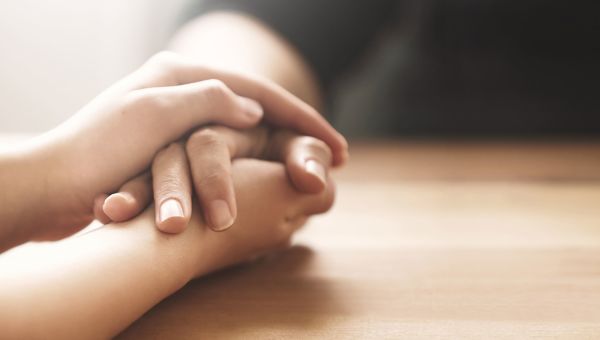
Where to Find Help
Putting strategies into place that help you or your child navigate the physical, emotional and psychological effects of domestic violence can be very helpful, but you definitely don’t need to go it alone, emphasizes Campbell.
There are numerous resources that are designed to give you the support you need to regain a sense of safety and health. Although it can take time to work through the long-term effects of domestic violence, there are many options for creating a path forward.
“Recovery is possible,” says Campbell. “As you develop consistent, healthy relationships with someone such as a therapist, you can learn to trust yourself and others, and find ways to reduce the impact of what’s happened.”
To find resources in your area, contact The National Domestic Violence Hotline, either through online chat or by calling 1-800-799-7233 (SAFE).
More On

article

slideshow

article

article
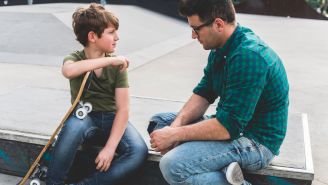
article
